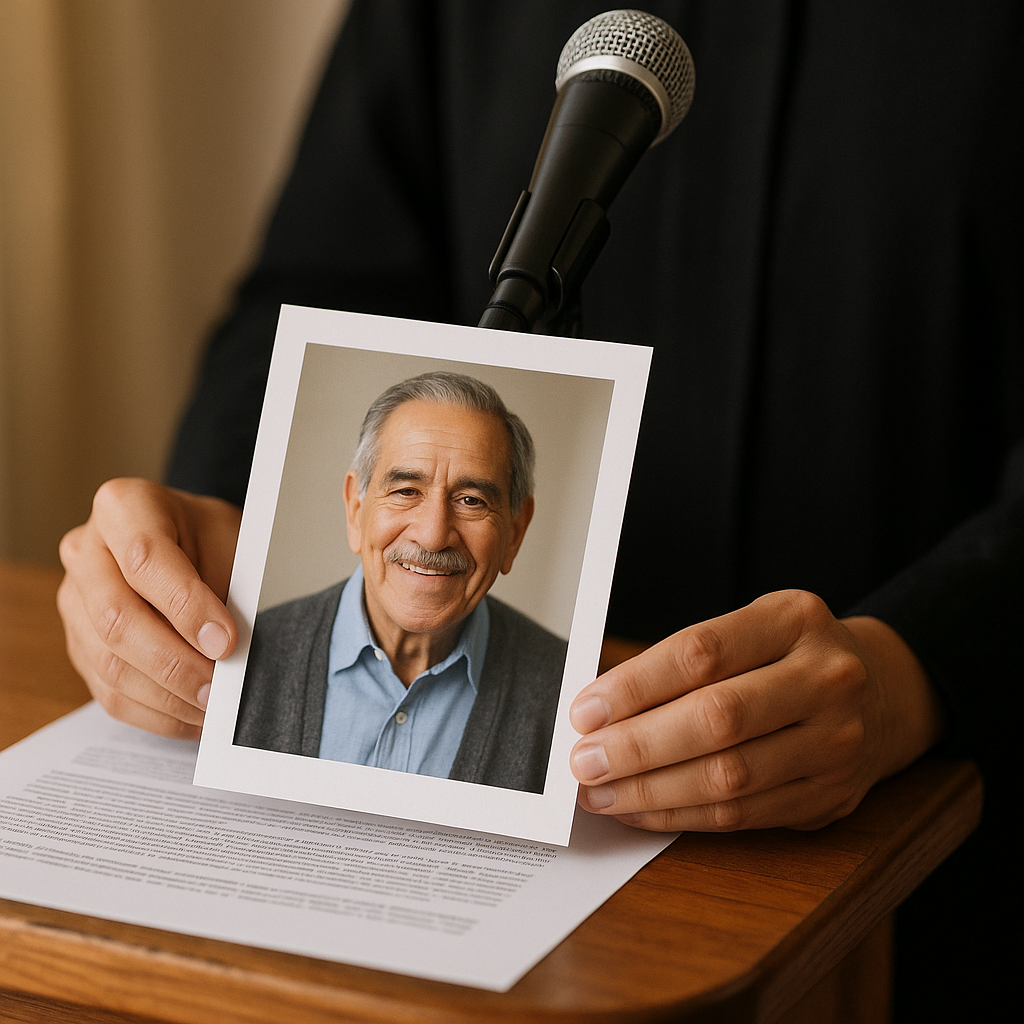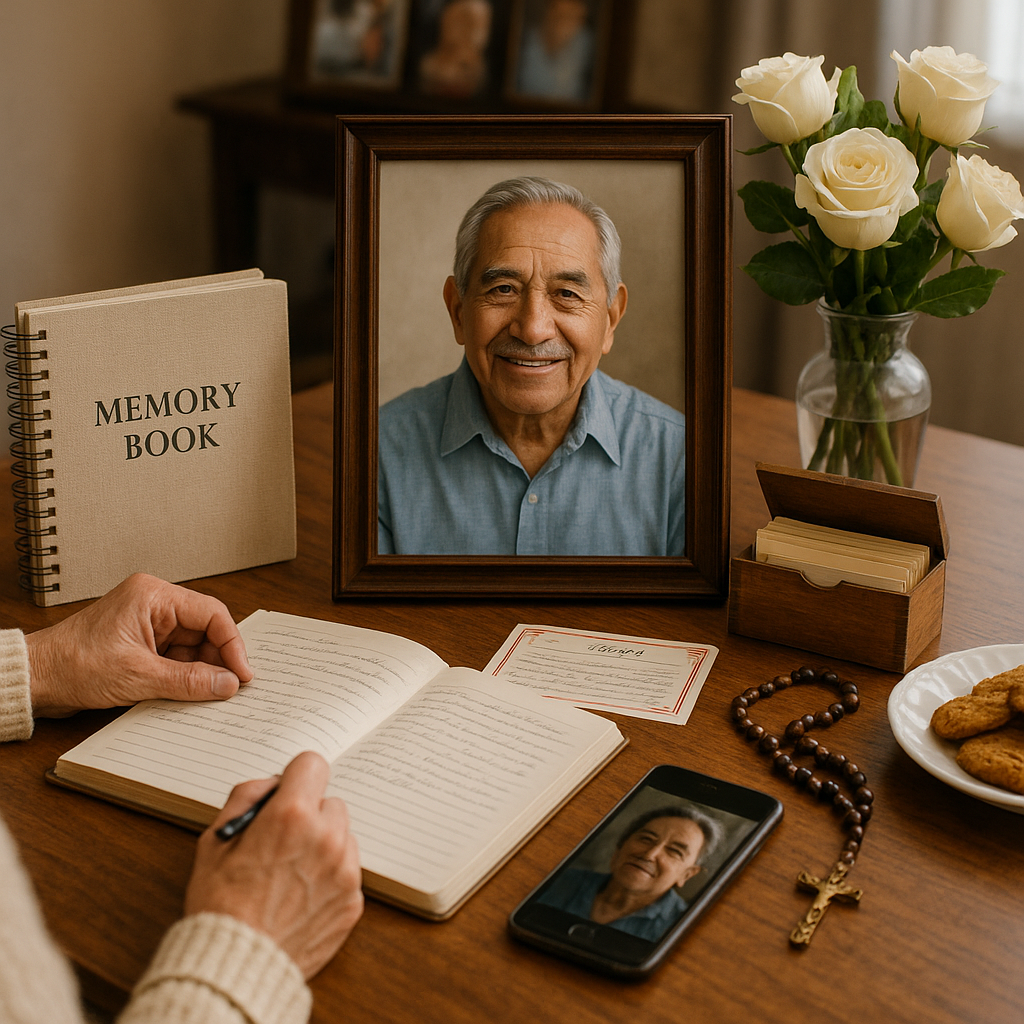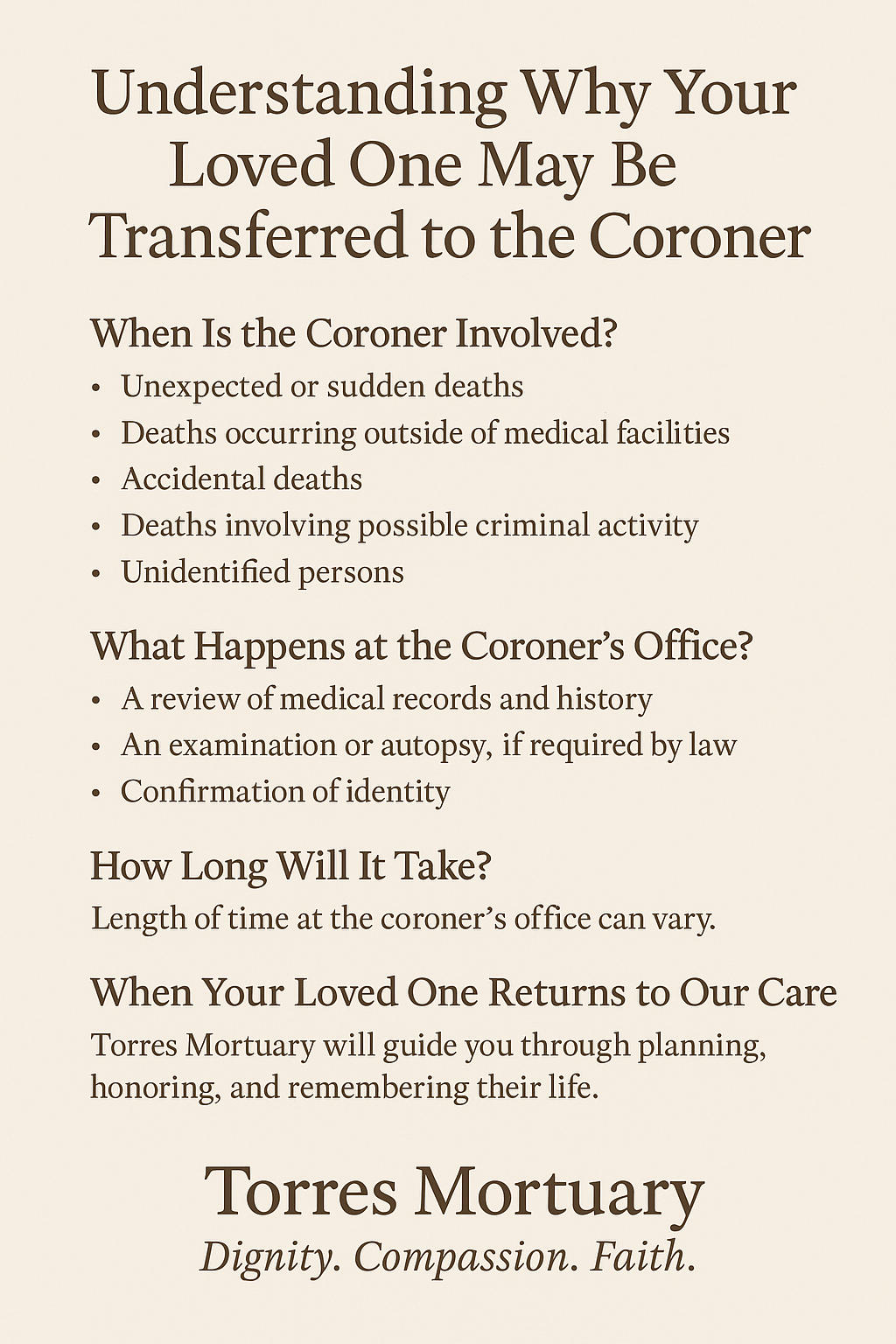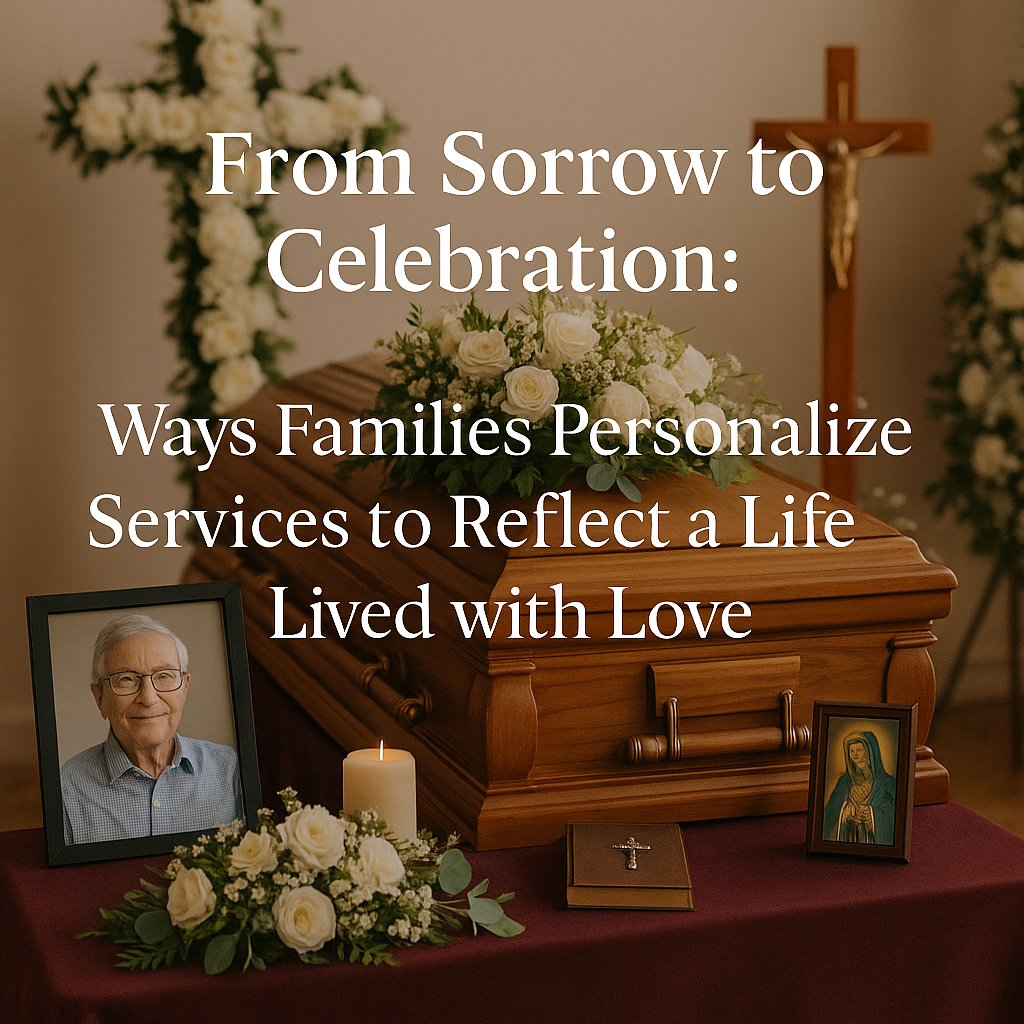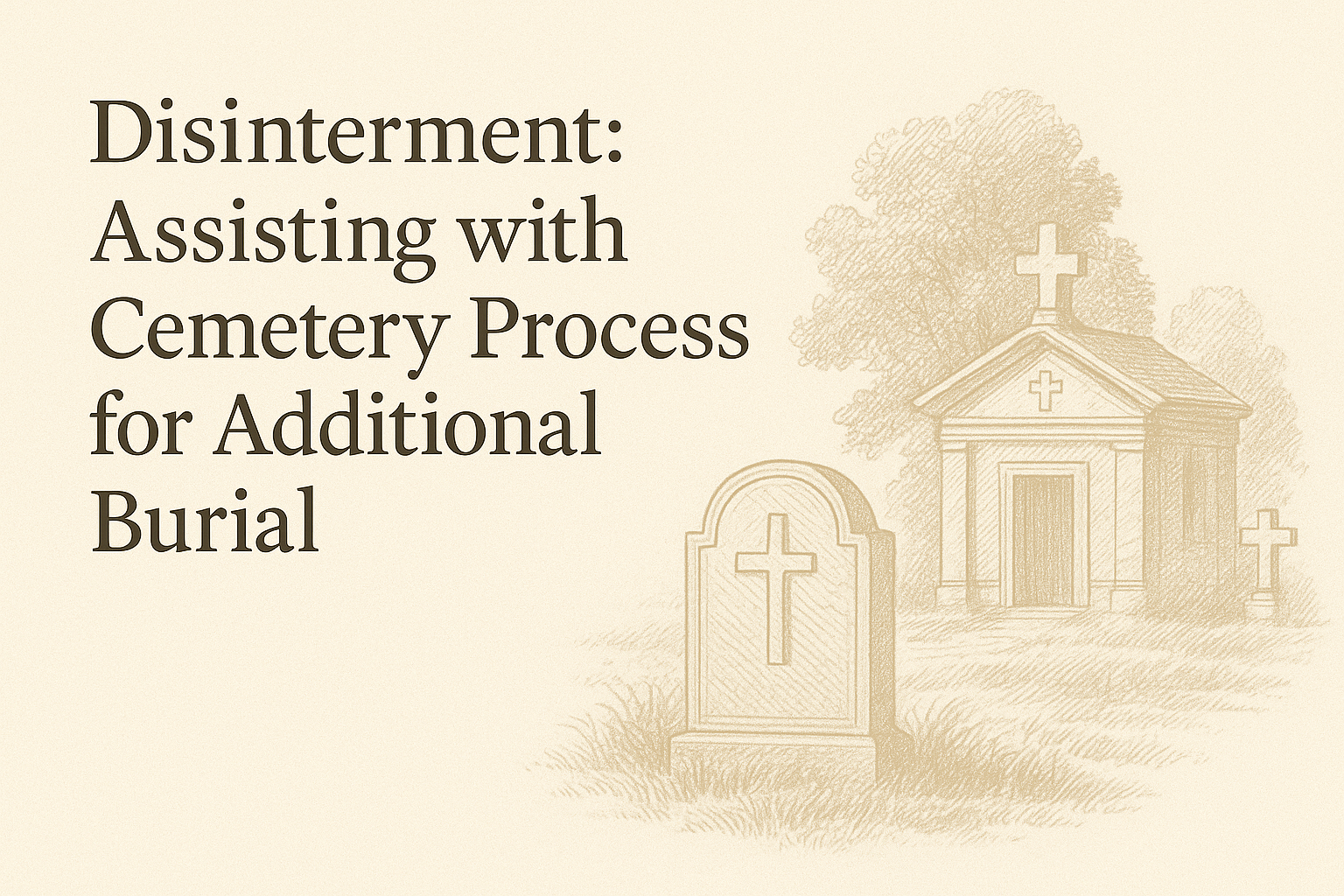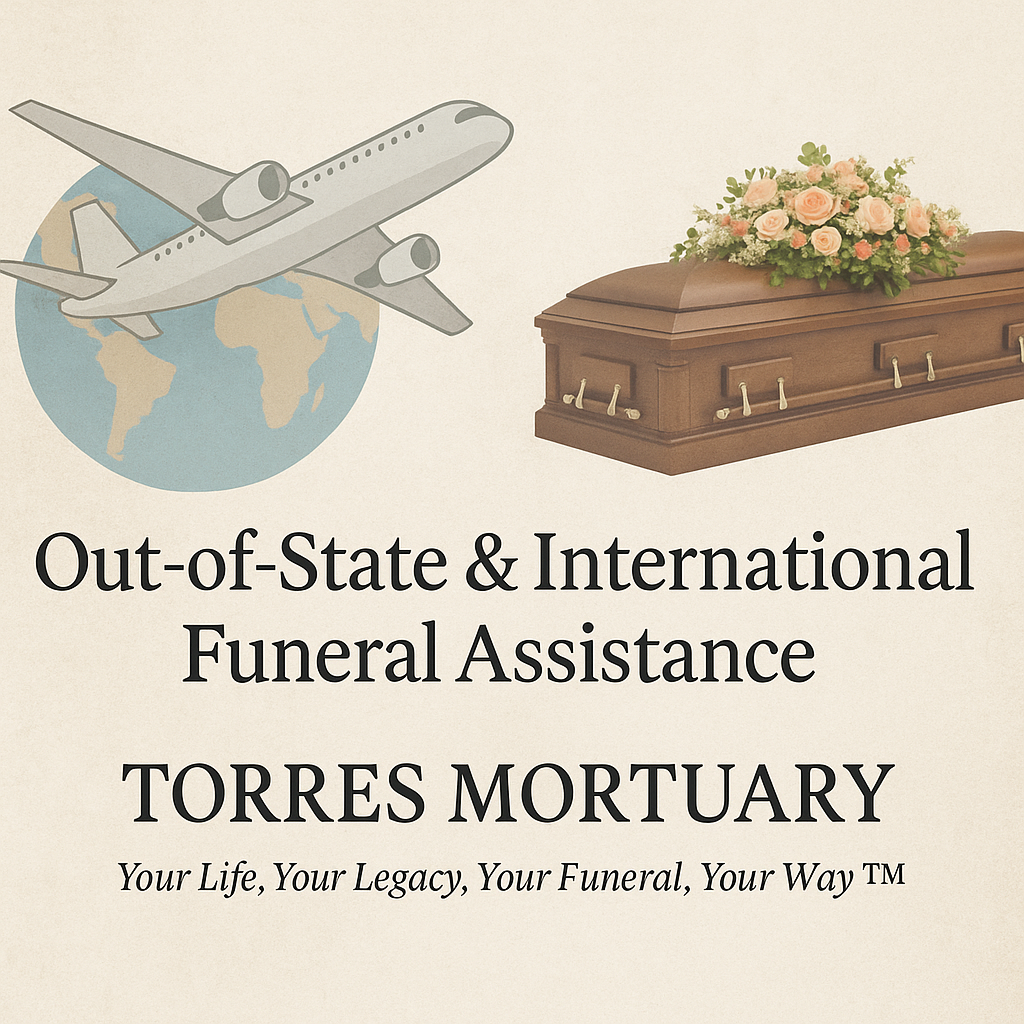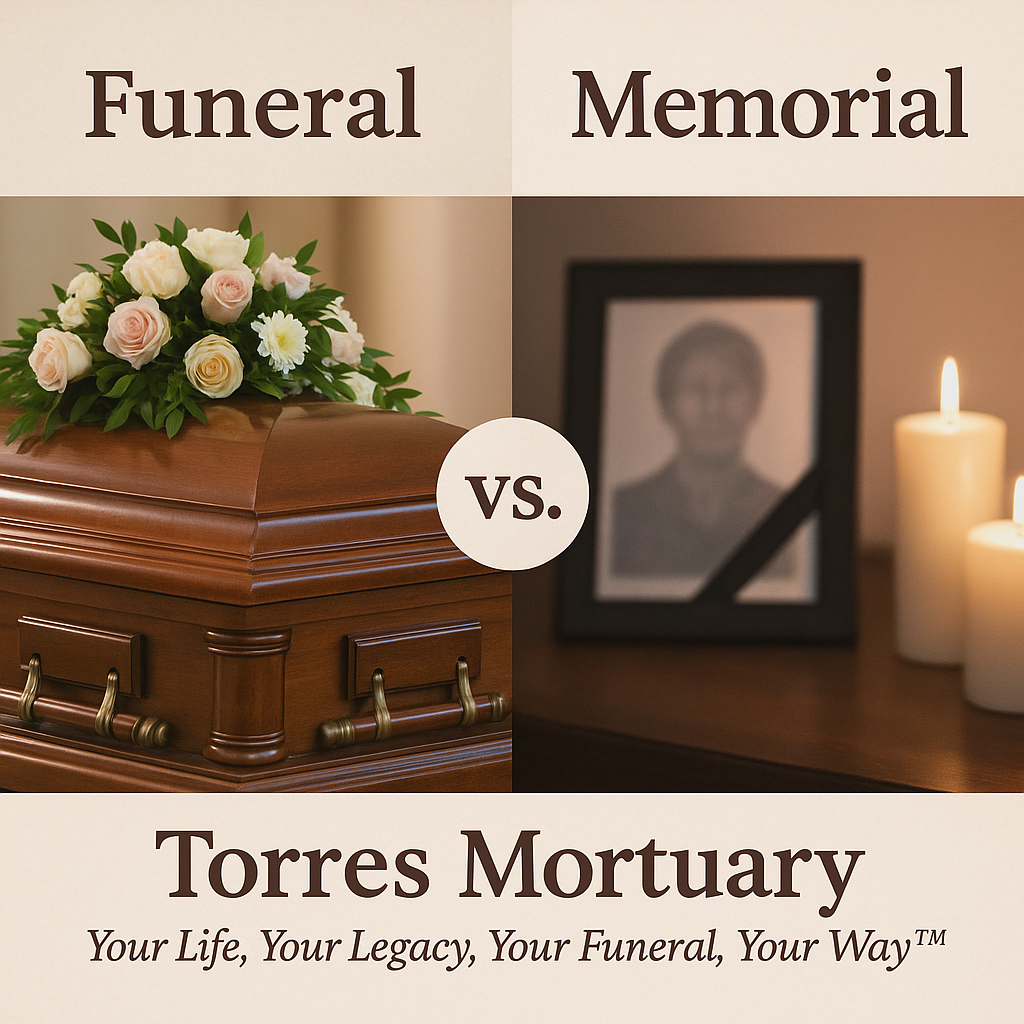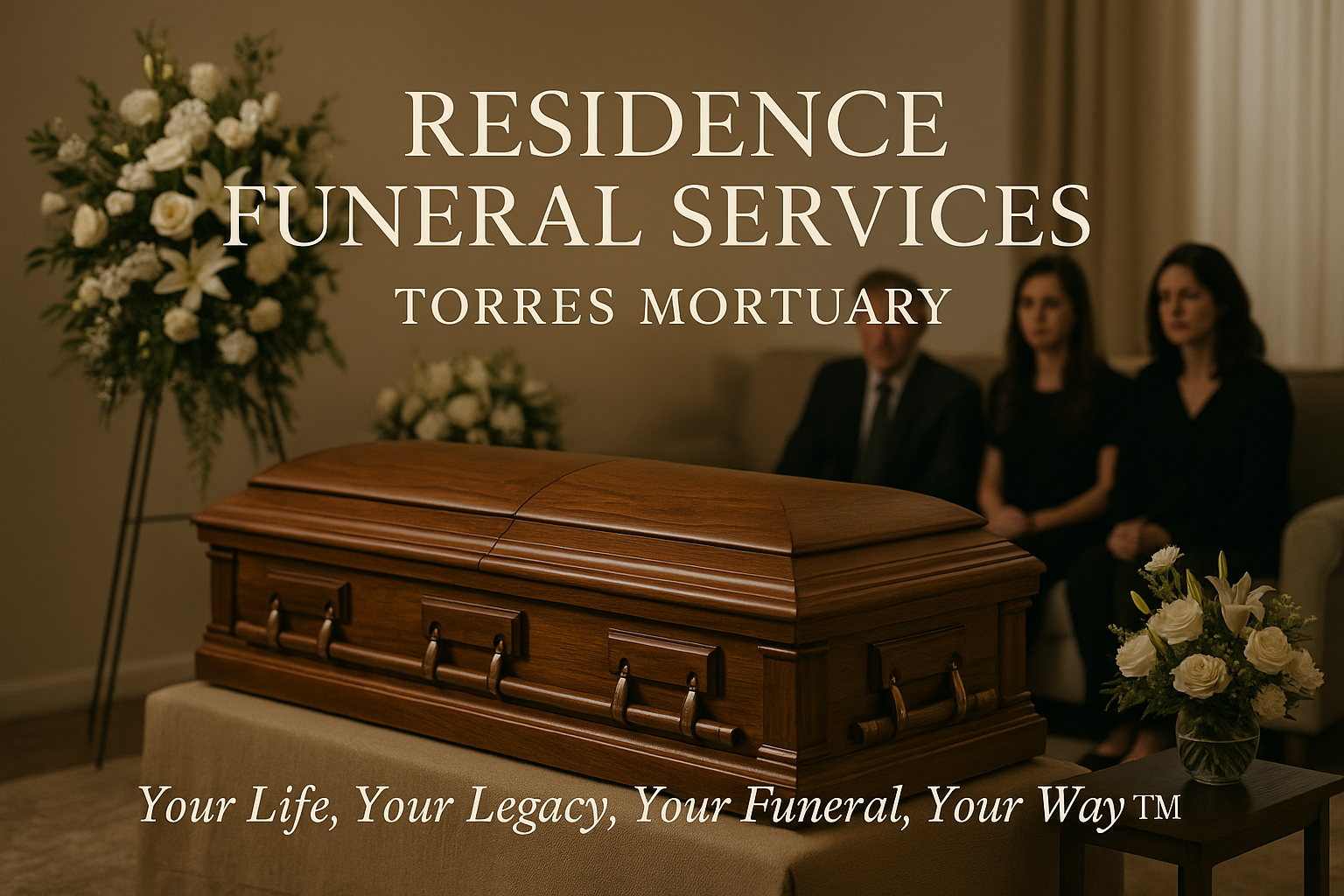Can Ashes be Separated?

Can Ashes Be Separated?
When a loved one is cremated, families often find comfort in keeping their memory close through cremation urns, keepsakes, or jewelry. A common question we hear is: “Can ashes be separated into more than one urn or keepsake?” The short answer is yes—but there are important legal and procedural steps you should know about before making this decision.
Why Families Choose to Separate Ashes
Many families wish to share cremated remains among multiple loved ones. This can mean:
- Dividing ashes into smaller urns for siblings, children, or parents.
- Placing a portion of ashes in keepsake jewelry or small keepsake urns.
- Creating a meaningful memorial in different locations—for example, one urn in the family home and another buried or placed in a columbarium.
Legal Requirements for Separation
While the desire is understandable, it’s important to know that separating ashes is not just a personal choice—it requires a separate permit.
Each container, whether it’s a full-size urn, a keepsake urn, or a piece of cremation jewelry, must be accounted for by law. This ensures that every portion of remains is properly documented and handled with dignity and respect.
- Cremation Permit: Issued by the local authority, this document allows for cremation and outlines how remains are to be handled.
- Disposition Permits: If ashes are to be placed in multiple urns or keepsakes, additional permits must be obtained for each. This legal safeguard ensures transparency and protects families when transporting or memorializing remains.
What Families Should Do
If you are considering separating ashes, here’s what to keep in mind:
- Discuss with your funeral director. They will guide you through the necessary paperwork and permits.
- Decide how ashes will be divided. Plan ahead which family members will receive keepsakes or urns.
- Secure permits in advance. This avoids delays and ensures everything is done legally and respectfully.
The Importance of Doing It Right
Separating ashes can be a beautiful way of honoring a loved one across multiple households or memorial settings. However, it’s equally important to follow the proper legal process to avoid complications later. By obtaining the required permits, families can ensure their loved one’s remains are cared for with the highest level of dignity.
Torres Mortuary — Your Life, Your Legacy, Your Funeral, Your Way™
